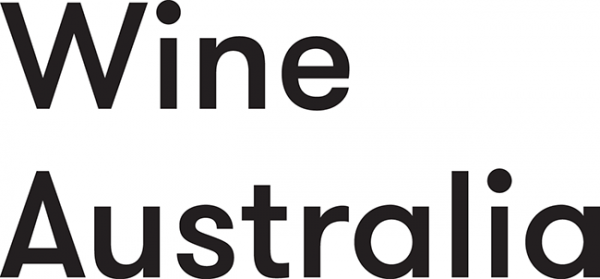Background
The Australian Society of Viticulture and Oenology (ASVO) is a non-political organisation founded to serve the interests of practising winemakers and viticulturists by encouraging the exchange of technical information. Our mission is to advance technical knowledge and promote excellence.
Purpose of the Code
This Code is a framework to guide appropriate professional behaviour and intends to fulfil the following objectives:
1. To outline the principles which Members should follow to ensure ethical behaviour at all times; and
2. To enhance public confidence in the professional conduct of the wine community.
In accordance with the purposes of the ASVO, as defined in the Constitution, the Society encourages and expects its Members to:
1. Respect, promote, and enhance the practice of oenology and viticulture.
2. Exercise professional skills and judgement to the best of their ability and discharge professional responsibilities safely and with integrity.
3. Uphold the highest standards of truthfulness and honesty in all scientific and professional endeavours.
4. Maintain professional competence by undertaking appropriate continuing professional development and give all reasonable assistance to further the education training and professional development of others.
5. Provide full disclosure of any conflict of interest.
Guidance notes on the rules of professional conduct and their interpretation and application
The Code applies to all Members of the Society, irrespective of their professional level or the country in which they practice.
Members who do not abide by the ASVO Code of Professional Conduct may be subject to Disciplinary Action as detailed in the ASVO Constitution.
Members should always be aware of their responsibility to the public. A Member’s obligations to their employer or client must not supersede the public good and they should not enter undertakings which may compromise this responsibility.
These guidance notes are designed to aid Members to interpret and apply the Code of Professional Conduct. They are not exhaustive and do not cover all contingencies.
1 Respect, promote, and enhance the practice of viticulture and oenology.
Members shall execute their duties and/or provide services with the objectivity of judgement based upon substantiated information, recognising that legitimate differences of opinion may exist.
Members should understand and comply with the regulatory framework in which they operate and actively promote the spirit and intent of all relevant laws, regulations, standards and guidelines. They should never engage in conduct likely to bring the grape and wine community or the Society into disrepute.
2 Exercise professional skills and judgement to the best of their ability and discharge professional responsibilities with integrity.
Members should always conduct themselves to uphold the dignity and reputation of their profession. Members should be competent in the work they undertake. They should ensure that they have the relevant knowledge and expertise. Where appropriate, this may include access to others' knowledge and experience or access to other relevant sources of knowledge. They should disclose, where appropriate, any relevant limitations upon their competence. Members should also acknowledge said sources of knowledge in undertaking their professional duties.
Members should give professional opinions that are objective, reliable and backed with experience and scientific rigour when called to do so. They should not promote or endorse practices in a misleading or unethical manner. They should not engage in conduct involving dishonesty, fraud, deceit, misrepresentation, or discrimination. They should ensure that their professional activities do not risk the health and safety of others.
Members should treat people without discrimination or bias. Members should encourage diversity and respect the customs, practices and reasonable ambitions of others.
3 Uphold the highest standards of truthfulness in all scientific and professional endeavours.
Members should engage in respectful behaviour and avoid adverse comment upon the character, competence or integrity of Members of the Society and others. They should evaluate the work of colleagues fairly and with open-mindedness recognising past and present contributors to science and not claim credit for the accomplishments of others.
4 Maintain professional competence by undertaking appropriate continuing professional development and give all reasonable assistance to further the education training and professional development of others.
Members should serve as professional examples to others. All Members are responsible for improving and updating their current technical knowledge and keeping abreast of relevant developments, including new or changed statutory provisions. Every Member has a responsibility to be proactive in continuing training and professional development of themselves and others, especially those supervised or managed by the Member.
5 Provide full disclosure of any conflict of interest.
Members should declare and manage any real or perceived conflicts of interest in all professional dealings, always respecting confidential information. They should comply with all laws and regulations that apply to the profession and report any scientific and professional misconduct









